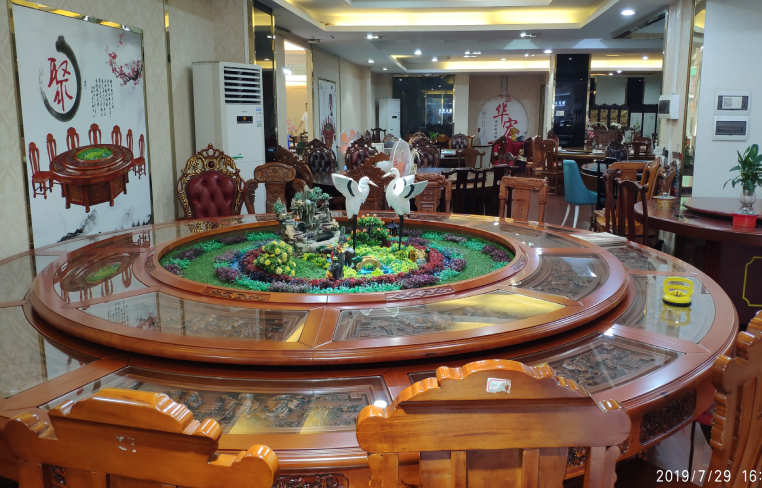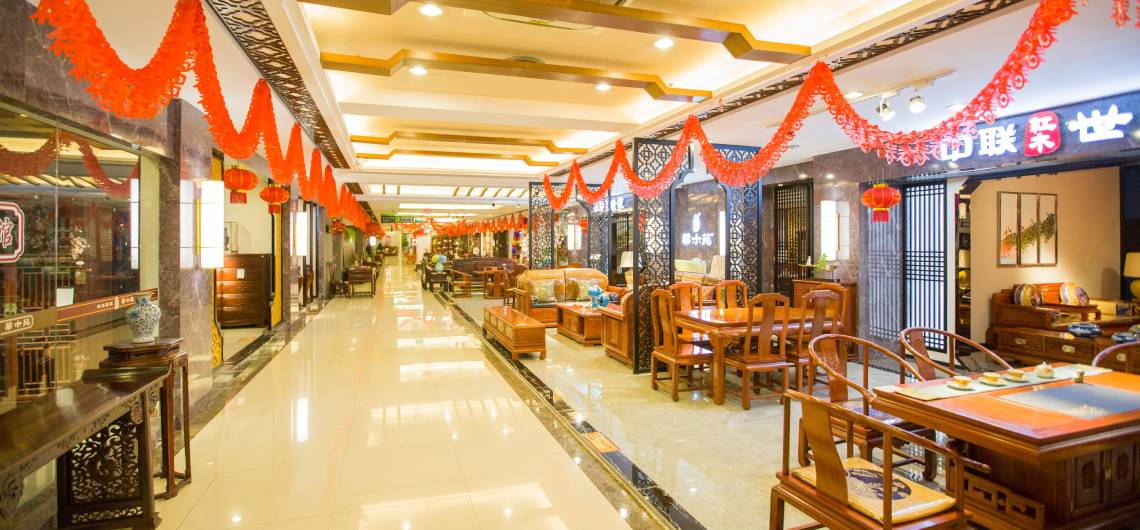The Importance of Addressing the Issue of Rosewood Furniture Materials
Rosewood furniture has long been admired for its beauty, durability, and eco-friendliness. With the improvement of people's living standards, mahogany furniture and its products have become popular high-end consumer goods in China. The high price further stimulates the market expansion, and the mahogany furniture industry has developed vigorously.
Why Is Rosewood Considered a Desirable Material for Furniture?
Rosewood is highly valued for furniture due to its natural beauty, durability, and resistance to decay and pests. It has a rich, reddish color and distinctive grain patterns that make it visually appealing. Additionally, rosewood has natural oils that help protect it from moisture, making it suitable for wooden outdoor furniture as well.
What Are the Primary Threats to Rosewood Forests?
Redwood forests face several threats, including illegal logging, clear-cutting for commercial purposes, urban development, and climate change. These factors contribute to the loss of rosewood trees and the destruction of their habitats.
However, there is a pressing issue surrounding the materials used in the production of rosewood furniture. We will explore the importance of addressing this issue and why it should be taken seriously.

Related Issues Faced by Mahogany Furniture Materials
The Threat to Rosewood Forests
Rosewood trees are among the oldest and largest living organisms on Earth. They have a crucial role in maintaining biodiversity and supporting countless ecosystems. However, due to unsustainable logging practices, rosewood forests are under severe threat. Illegal logging and clear-cutting methods are depleting these majestic trees at an alarming rate.
Environmental Impact
The destruction of rosewood forests has far-reaching environmental consequences. Rosewoods serve as carbon sinks, absorbing vast amounts of carbon dioxide and helping to mitigate climate change. When these trees are logged, not only is their ability to sequester carbon lost, but also the carbon stored within them is released into the atmosphere, exacerbating the greenhouse effect.
Loss of Biodiversity
Rosewood forests are home to a diverse array of plant and animal species, many of which are endemic and cannot be found anywhere else. When these forests are destroyed, entire ecosystems collapse, leading to the extinction of species and disrupting delicate ecological balances.

Are There Alternatives to Rosewood for Eco-Friendly Furniture?
To address the issue of rosewood furniture materials, it is crucial to consider sustainable alternatives. One such option is sourcing wood from certified sustainable forests.
Several eco-friendly alternatives to rosewood exist, such as bamboo, reclaimed wood, and FSC-certified hardwoods like oak or maple. These materials offer similar durability and aesthetic appeal while reducing the environmental impact associated with rosewood furniture production.
Can Chinese Rosewood Furniture Be Made from Salvaged Wood?
Rosewood furniture can be crafted using salvaged wood. Salvage operations involve repurposing wood from old structures, such as barns, bridges, or demolished buildings. This not only prevents perfectly usable wood from going to waste but also reduces the demand for new logging.
How Can Individuals Contribute to the Preservation of Rosewood Forests?
Individuals can contribute by supporting organizations working to protect rosewood forests, raising awareness about the issue, and making sustainable choices in their purchasing decisions. Additionally, they can participate in reforestation efforts, volunteer for conservation projects, or donate to initiatives focused on preserving these unique ecosystems.
Conclusion
The issue of Chinese rosewood furniture materials should not be taken lightly. Addressing the issue of rosewood furniture materials has significant long-term benefits. It is our collective responsibility to ensure the preservation of rosewood forests for future generations, while still enjoying the beauty and benefits of rosewood furniture.
